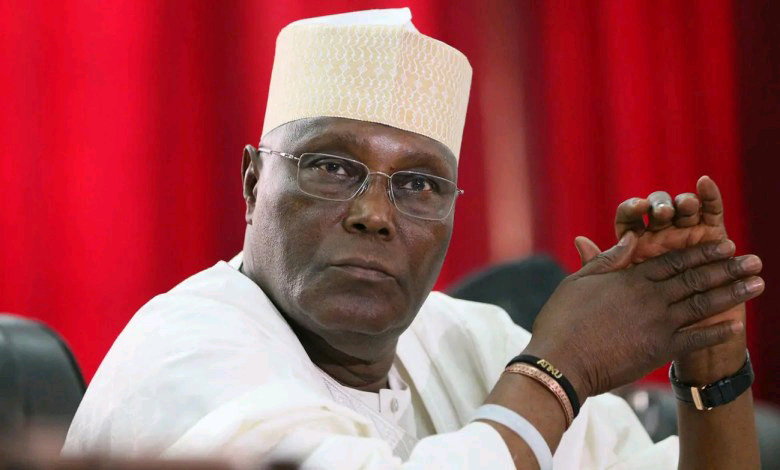Nigeria’s currency on Wednesday witnessed a mixed performance in the foreign exchange markets as it weakened against the greenback on the parallel FX window, trading at N1,500 while it appreciated on the official window, adding complexity to the currency landscape. The depreciation against the dollar amounted to 3.45%, sliding from the N1,450 per dollar recorded earlier in the week.
Bureau de Change operators in Lagos quoted a buying rate of N1,490 and a selling price of N1,500, presenting a profit margin of N10. In contrast, at the Investors and Exporters (I&E) foreign exchange window, the naira exhibited resilience, appreciating by 1.05% to N1,418 against the dollar, compared to N1,433 in the preceding session.
Data from FMDQ Exchange, overseeing official foreign exchange (FX) trading in Nigeria, revealed a fluctuating range for the naira, trading as high as N1,510 and as low as N896.28.
The daily turnover reached $203.93 million, underscoring the volatility in the currency market. Notably, the Central Bank of Nigeria (CBN) took a significant step on February 1, 2024, by removing the limit on the foreign exchange rate quoted by international money transfer operators (IMTOs).
The circular from the apex bank clarified the removal of the cap on the allowable limit of -2.5% to +2.5% around the previous day’s closing rate in the Nigerian Foreign Exchange Market. CBN directed IMTOs to quote exchange rates based on prevailing market rates, aligning with ongoing reforms in the foreign exchange market.
For investors and stakeholders navigating Nigeria’s currency landscape, these divergent trends signal the importance of staying attuned to market dynamics and regulatory developments. The evolving forex environment underscores the need for strategic decision-making amid the nuanced movements of the Nigerian naira.
Meanwhile, the CBN hiked the interest rates on short-term debt obligations on Wednesday in a bid to mop up naira liquidity and attract foreign investor inflows. The regulatory bank sold N1trillion in Treasury bills across 91-day (N200.00 billion), 182-day (N200.00 billion), and 364-day (N600.00 billion) tenors.
The Treasury bills were sold to both local and foreign investors at rates that were nearly twice the level of previous offers. Yields for the one-year bill rose to 19%, the highest in 12 years, from 11.5% at the previous auction on January 24.





